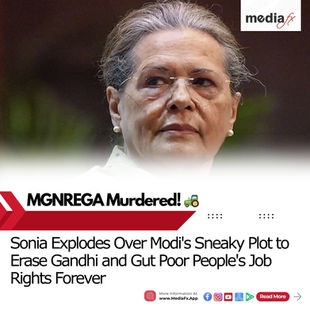🕊️ "Yeats' War Poems: Silent Words, Loud Messages" 📜🔥
- MediaFx

- May 9, 2025
- 2 min read
TL;DR 🧾
W.B. Yeats, the legendary Irish poet, penned three powerful poems that critique the senselessness of war: "On Being Asked for a War Poem," "A Meditation in Time of War," and "Sixteen Dead Men." These works reflect his deep skepticism about the glorification of war and the political machinations that lead to unnecessary bloodshed. Yeats believed that poets should not be pawns in political games, and his poetry serves as a timeless reminder of the human cost of conflict.

🎭 Yeats' Silent Protest: "On Being Asked for a War Poem"
In 1915, amidst the chaos of World War I, Yeats was requested by his friend Henry James to write a war poem. Yeats responded with a poignant piece that begins:
"I think it better that in times like theseA poet’s mouth be silent, for in truthWe have no gift to set a statesman right;"
This poem underscores Yeats' belief that poets should not be co-opted into political agendas. He emphasizes that the role of a poet is not to validate the decisions of politicians but to maintain artistic integrity. This stance is particularly relevant today, reminding us of the importance of independent thought and expression.
🌳 Reflecting on Humanity: "A Meditation in Time of War"
In "A Meditation in Time of War," Yeats contemplates the transient nature of human life against the backdrop of enduring natural elements:
"For one throb of the artery,While on that old grey stone I satUnder the old wind-broken tree,"
Here, Yeats contrasts the fleeting existence of humans with the permanence of nature, suggesting that while human conflicts are temporary, the natural world endures. This reflection serves as a critique of the futility of war and the ephemeral nature of human endeavors.
⚰️ Honoring the Fallen: "Sixteen Dead Men"
"Sixteen Dead Men" addresses the execution of Irish nationalists following the 1916 Easter Rising. Yeats mourns their deaths and criticizes the political discourse that continues despite their sacrifices:"O but we talked at large beforeThe sixteen men were shot,But who can talk of give and take,What should be and what notWhile those dead men are loitering thereTo stir the boiling pot?"
Yeats emphasizes that the deaths of these men should not be in vain and that their sacrifices should prompt meaningful change rather than empty rhetoric. This poem serves as a powerful reminder of the human cost of political conflict.
🧠 MediaFx's Take: The Poet's Role in Times of Conflict
Yeats' war poems resonate deeply in today's world, where conflicts continue to arise, often driven by political agendas rather than genuine necessity. His insistence on the poet's independence from political influence is a call to all artists to maintain their integrity and to use their voices to highlight the human cost of war. In a society that often glorifies conflict, Yeats reminds us to question, to reflect, and to prioritize humanity over politics.













































